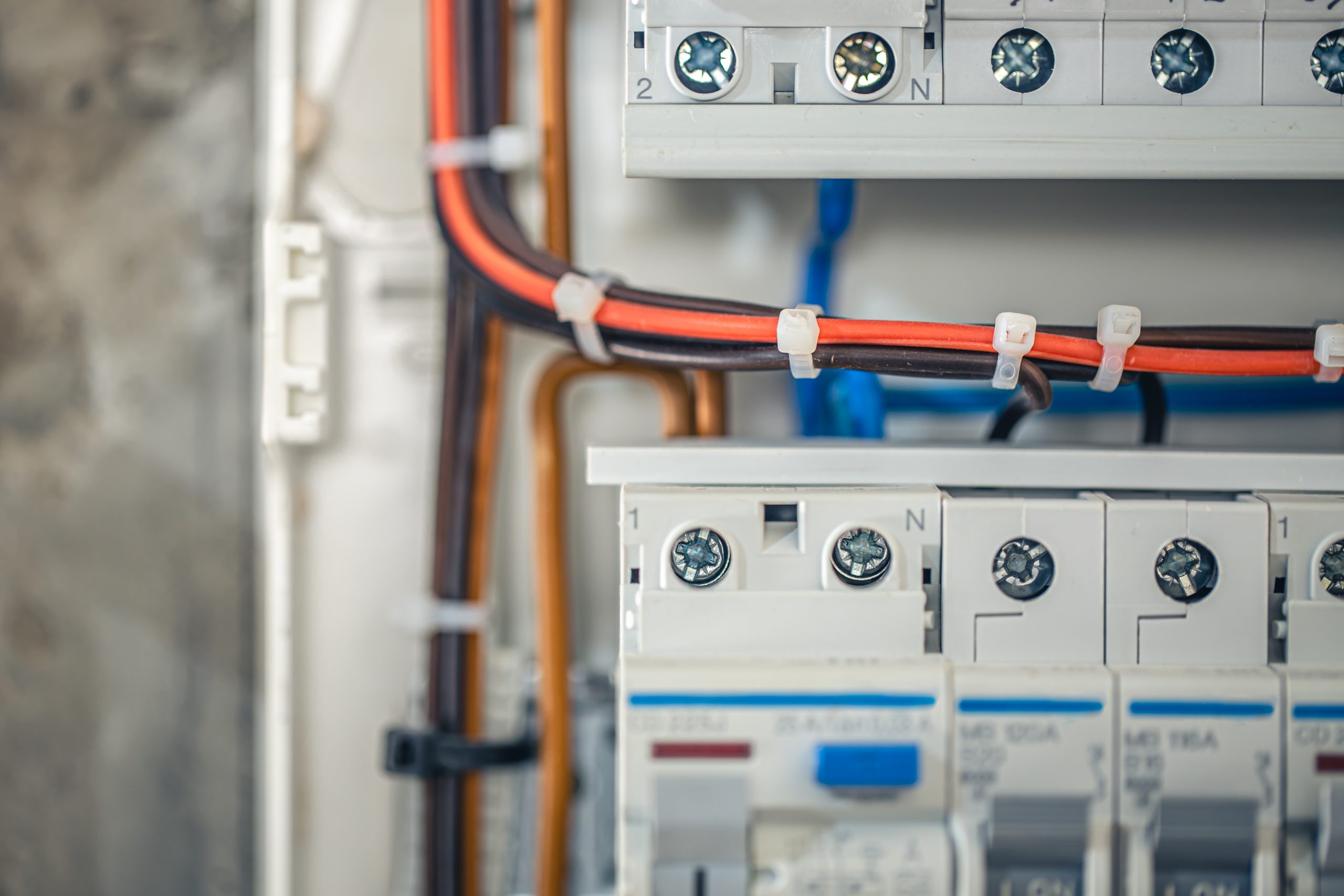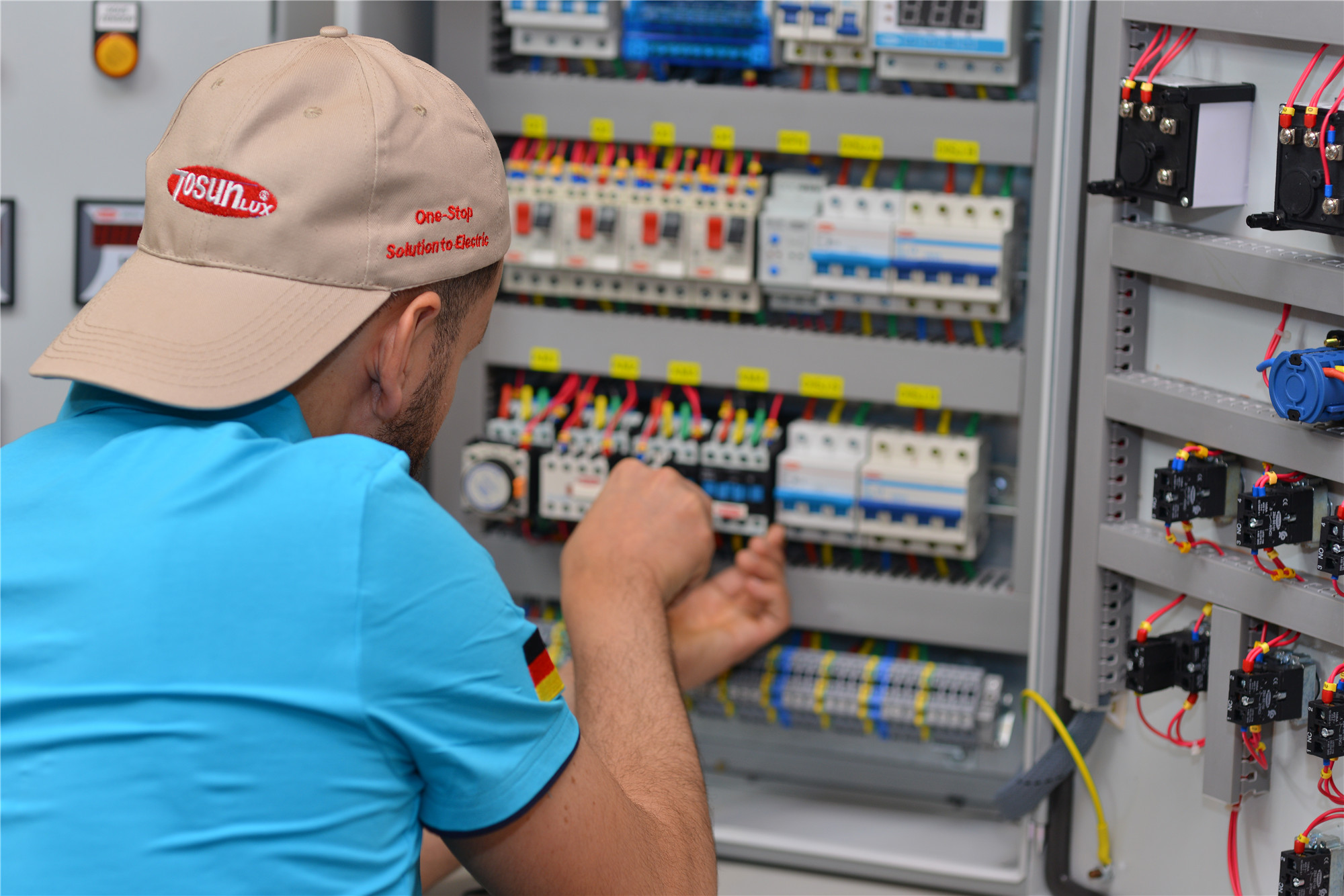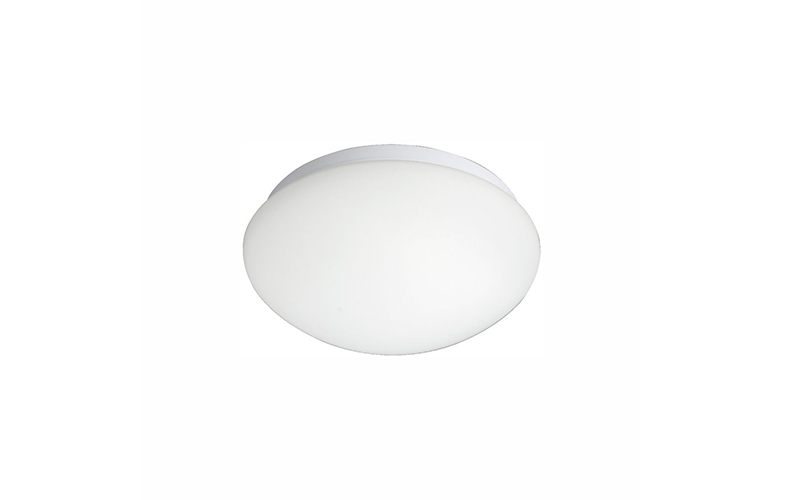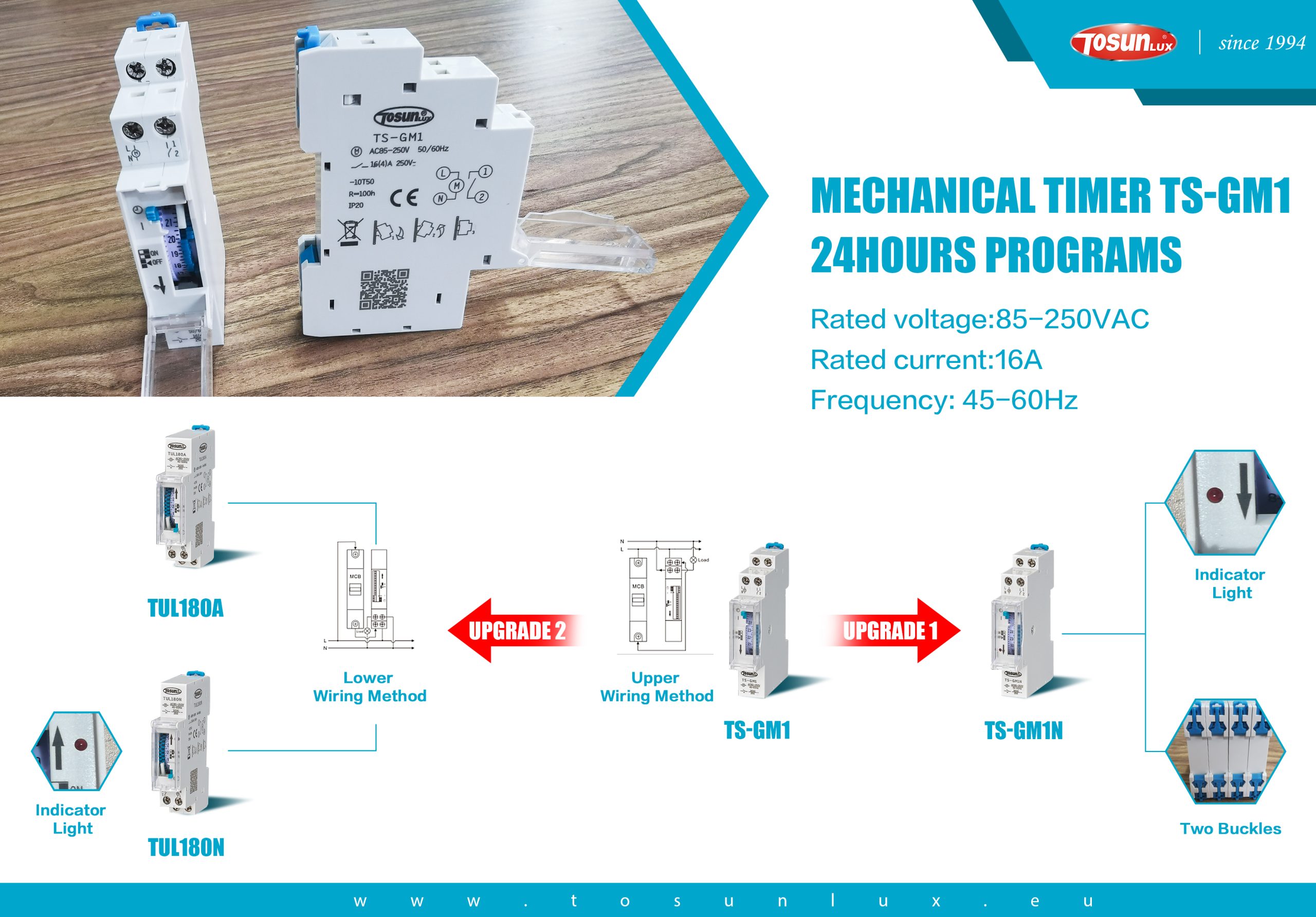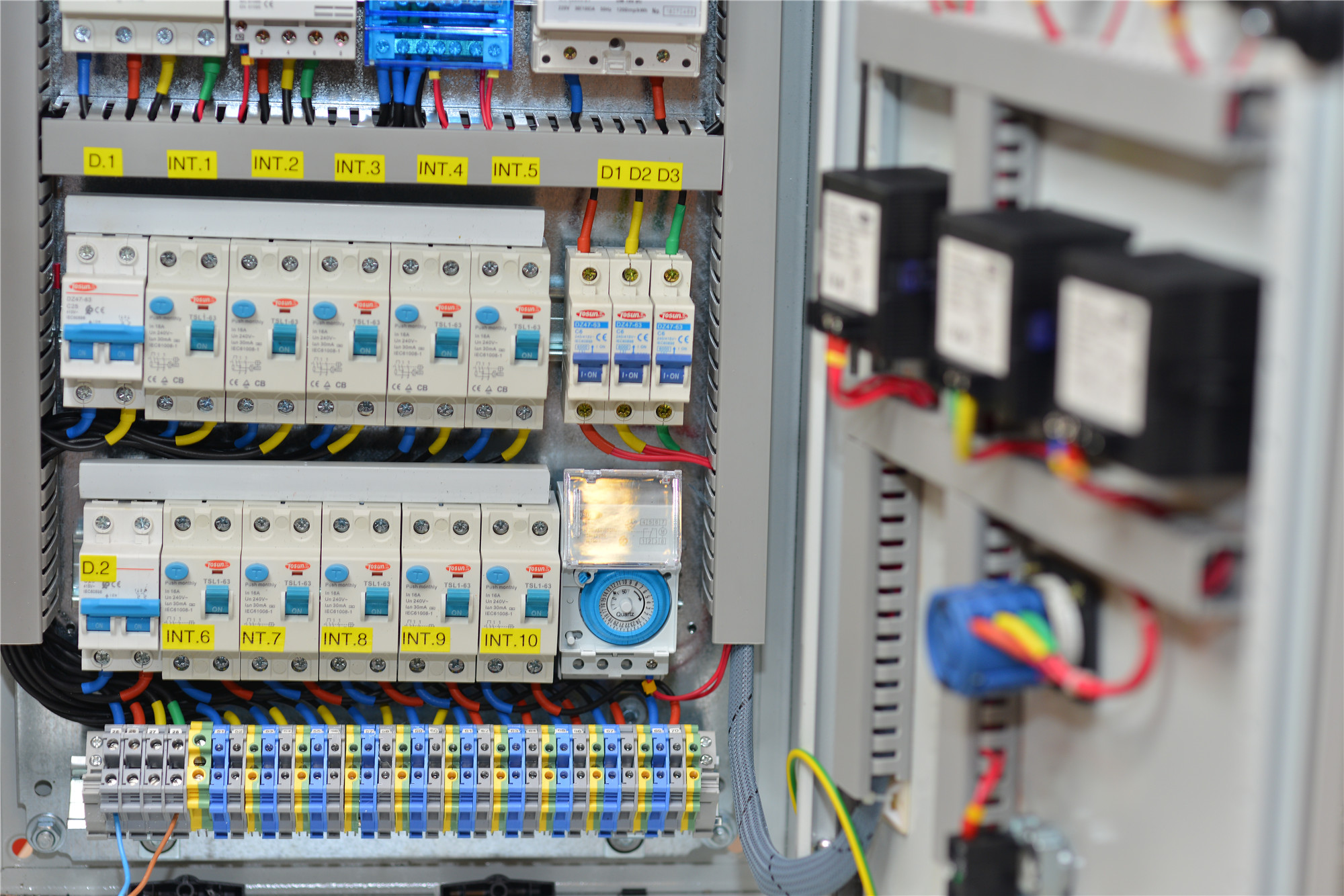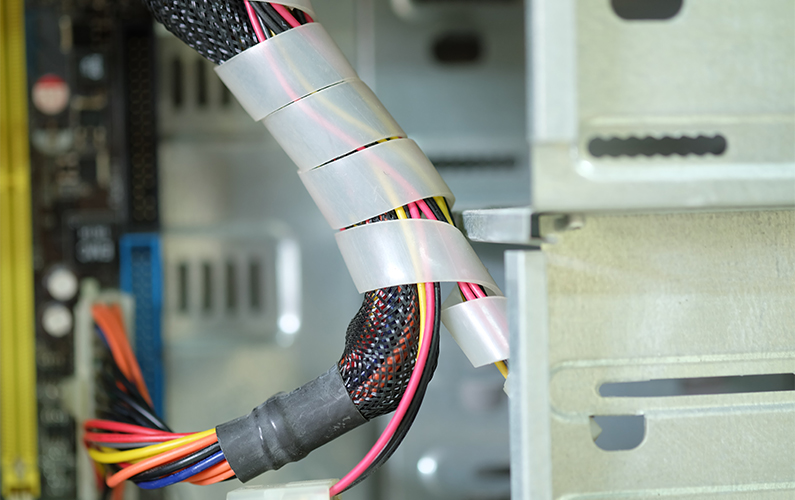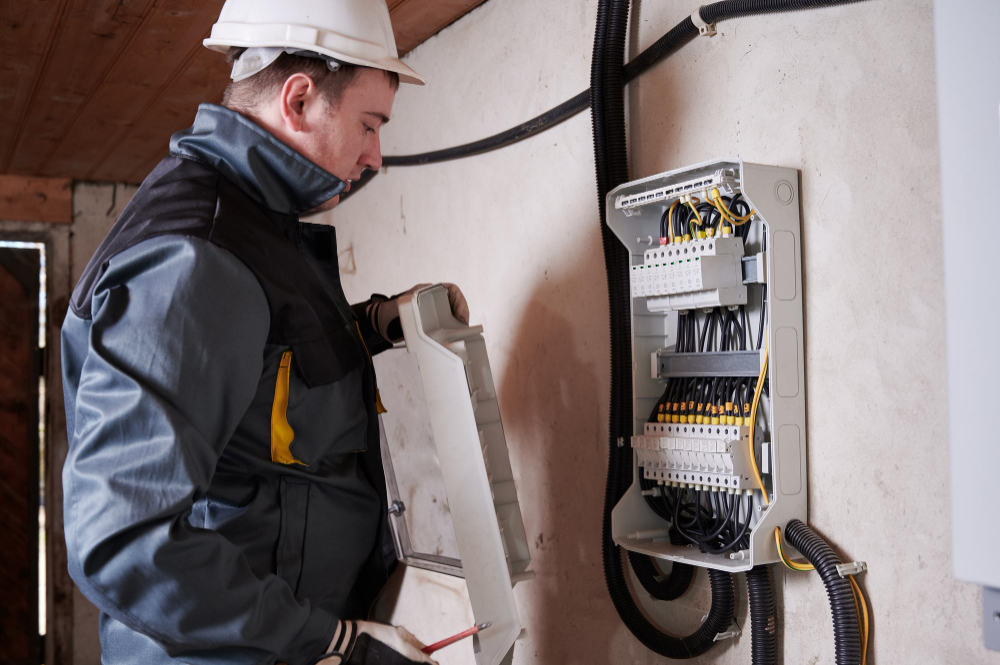The Different Types of MCCB and How It Works
17th Feb 2024
There are different types of circuit breakers, and you need to know how they work in order to install them correctly. These circuit breakers are grouped into different types: type B, type C, type D, type K, and type Z. A type B MCCB will trip when it sees a surge of 3 to 5 times the rated current, while a type C will trip when it sees a surge 5 to 10 times. An MCCB is an excellent electrical protection device. Its casing is sealed and cannot be opened. But just like any other electrical equipment, it requires periodic maintenance in order to function properly. Hero Product Highlight TSM2 Moulded Case Circuit Breaker The TSM2 Moulded Case Circuit Breaker offers high performance for overload and short circuit protection, making it ideal for industrial and commercial applications. View Product MCCBs can handle a large current and a short circuit. They also have a movable trip unit and a short tripping time. Some types have remote ON/OFF features, making them useful in industrial settings where electrical shocks are a common hazard. Different types of MCCBs are used in different electrical settings. If you want to know about the different types of MCCBs and how it works, continue reading this article. How Does an MCCB Work? MCCBs are designed to automatically interrupt the flow of electricity when a fault is detected. They consist of several key components, such as the relay tripping unit, temperature-sensitive components like the bimetallic strip, and arcing contacts. The combination of these features […]
Read More : +86-139 0587 7291
: +86-139 0587 7291 English
English Español
Español Русский
Русский Français
Français العربية
العربية Português do Brasil
Português do Brasil Українська
Українська Türkçe
Türkçe Polski
Polski Nederlands
Nederlands Italiano
Italiano Bahasa Indonesia
Bahasa Indonesia हिन्दी
हिन्दी اردو
اردو አማርኛ
አማርኛ Հայերեն
Հայերեն ไทย
ไทย Монгол
Монгол فارسی
فارسی Shqip
Shqip Ελληνικά
Ελληνικά
